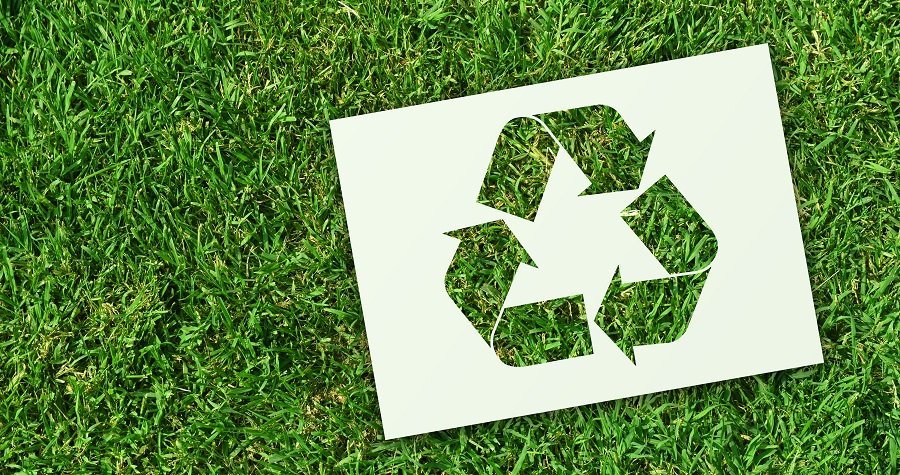On June 9, 2020, Indonesia enacted the “Governmental Regulation No. 27 of 2020 on Specific Wastes Management” (hereinafter referred to as the “governmental regulation”), which took effect on the same day. The governmental regulation aims to implement the Article 23, chapter 2 of the Law No. 18 of 2008 on Waste Management, which defines the term of “specific wastes” that require special management, the scope of practice, and requirements imposed on each stakeholder.
The original text of this governmental regulation is downloadable at the following URL:
http://jdih.menlhk.co.id/uploads/files/PP_Nomor_27_Tahun_2020_menlhk_06222020120956.pdf
Specific Wastes
The term of “specific wastes” referred to in the governmental regulation is defined as “wastes that require special treatment due to their nature, concentration and/or quantity” (Article 1). Specifically, the following are listed (Articles 2):
- Waste containing hazardous substances (B3)
- Waste, including hazardous waste (B3 waste)
- Disaster-related waste
- Demolition debris from dismantlement of buildings
- Waste that cannot be technically treated
- Irregularly generated waste
The more detailed description of “specific wastes” categorized in the above “a. Waste containing hazardous substances (B3)” are listed as follows (Article 5):
- Household products containing B3 that will not be reused (used oil, used batteries, etc.)
- B3-containing product packaging (containers) wastes (such as insecticide and pesticide containers)
- Unusable electronical equipment (printers, laptops, televisions, washing machines, fans, communication devices, DVD players, batteries, etc.)
- Other products and/or packaging that are no longer in use, including B3
Requirements for Producers
Under this governmental regulation, every producer is required to prevent the generation of wastes including B3, and the certain measures listed are as follows (Article 10):
- Develop plans and/or programs to prevent the generation of waste, including B3, as part of producers’ business operations and/or activities
- Produce, import, distribute, and/or sell B3-free goods and/or packaging
- Undertake other waste generation prevention measures along with scientific and/or technological development
The governmental regulation also mandates producers to recover “waste containing B3” (Article 11). Every producer is required to prepare collection facilities that meet requirements and register it with the governor/mayor within their jurisdiction. The collection facilities can be built either by the company alone or in partnership with other firms.
The terms of “prevention of the generation” and “recovery” of wastes including B3 mentioned above will be undertaken based on the roadmap separately established by the Minister of Environment and Forestry (Article 13).
The term “producers” described in this governmental regulation is defined as “business entities which produce, import, distribute, and/or sell goods with package containing hazardous substances (B3), or that is not degradable or is not readily degradable in the natural course of events” (Article 1).
EnviX Comments
The major highlight of this governmental regulation is to define the products containing hazardous substances, including waste electrical and electronic equipment and packaging materials, as a part of the “specific wastes”. Furthermore, the Article 11 mandates “producers” to recover those products, which is a legislation for the introduction of the system based on the Extended Producer Responsibility (EPR). Basically, since the Indonesian legal framework is structured in a hierarchical manner [Law (Undang-Undang) →Governmental Regulation (Peraturan Pemerintah) → Ministerial Regulation (Peraturan Menteri)], it is expected that several regulations in the ministerial level will be published in the future to implement the governmental regulation.
 Indonesia sets stricter rules for specific wastes
Indonesia sets stricter rules for specific wastes 

























